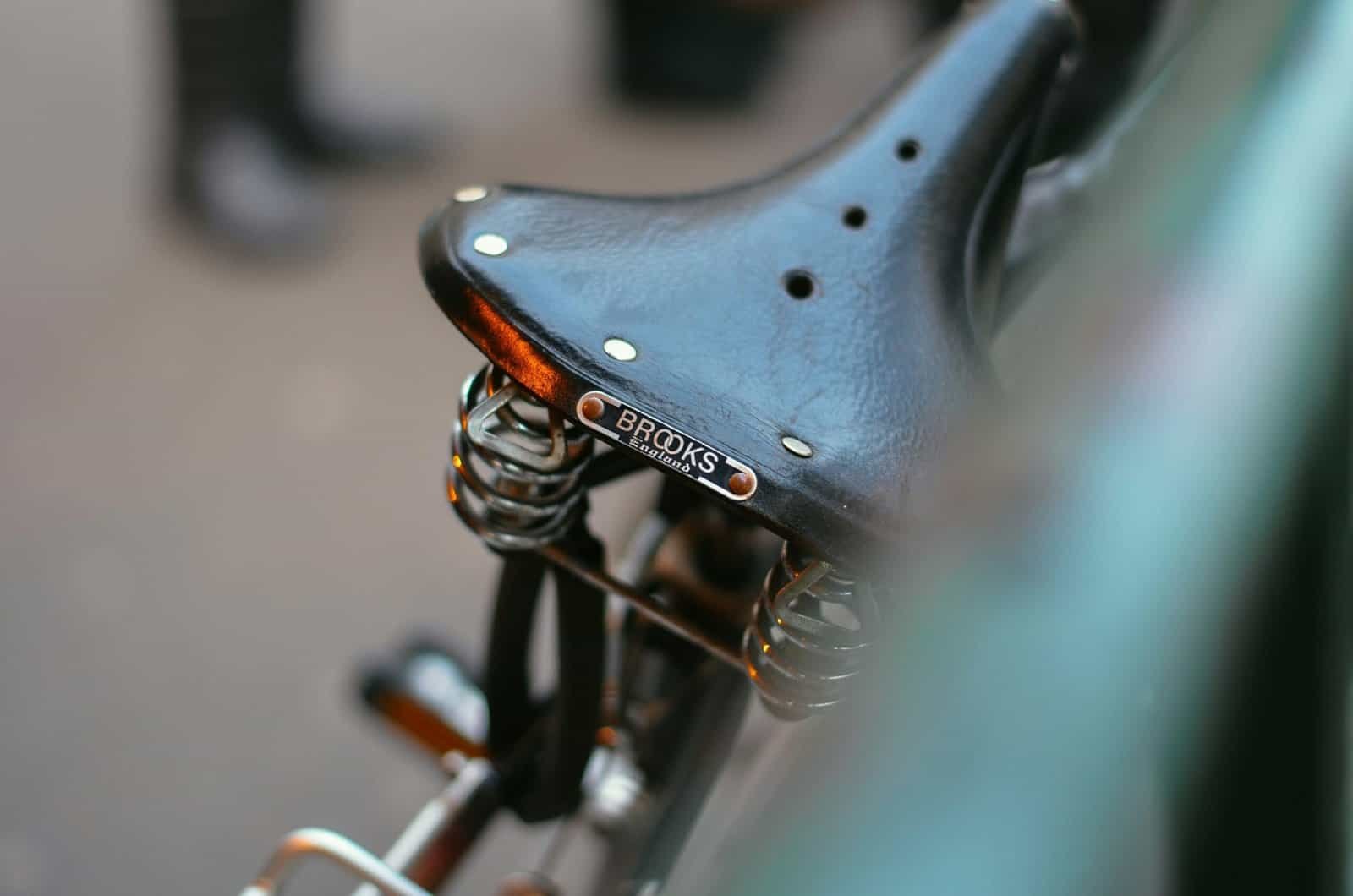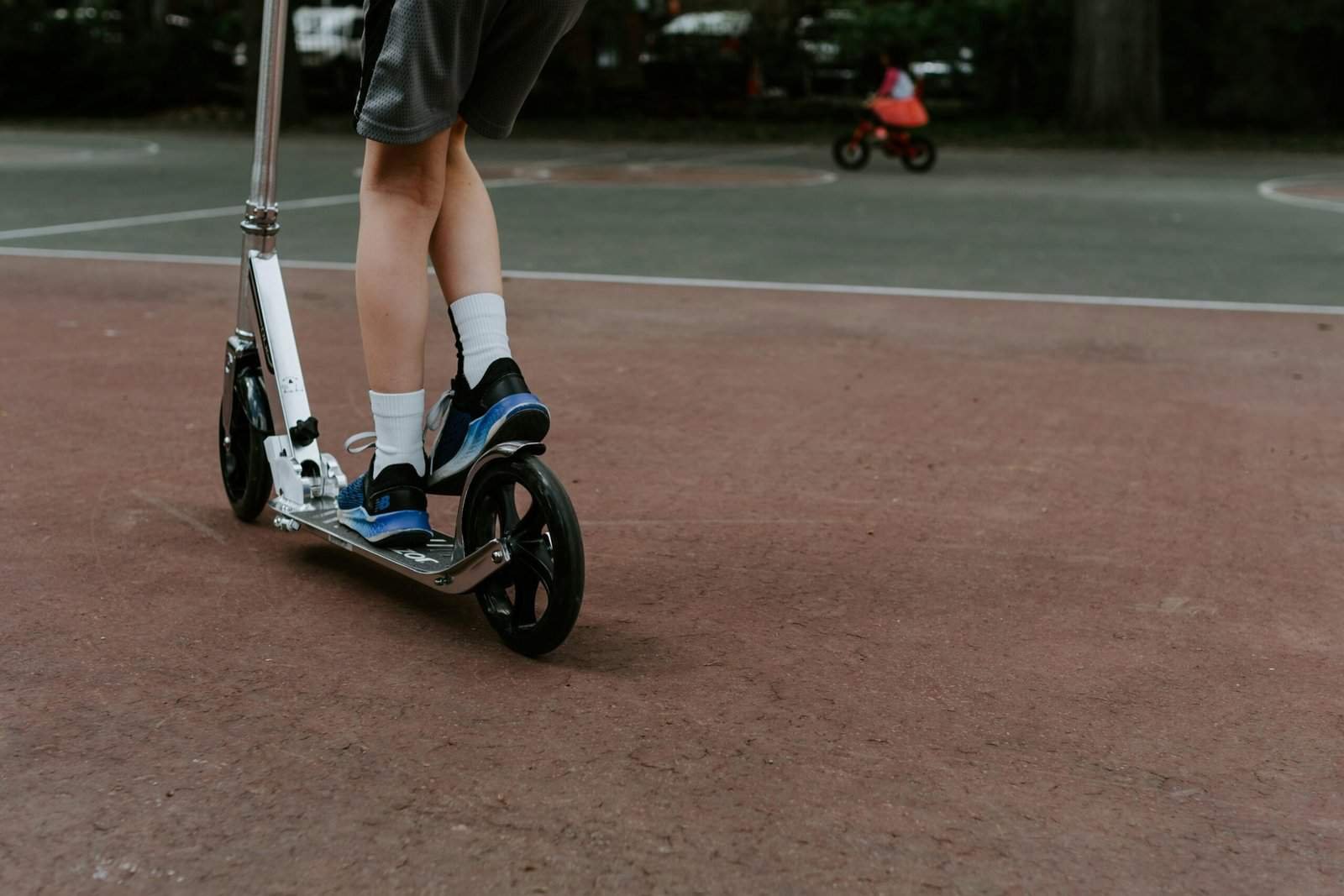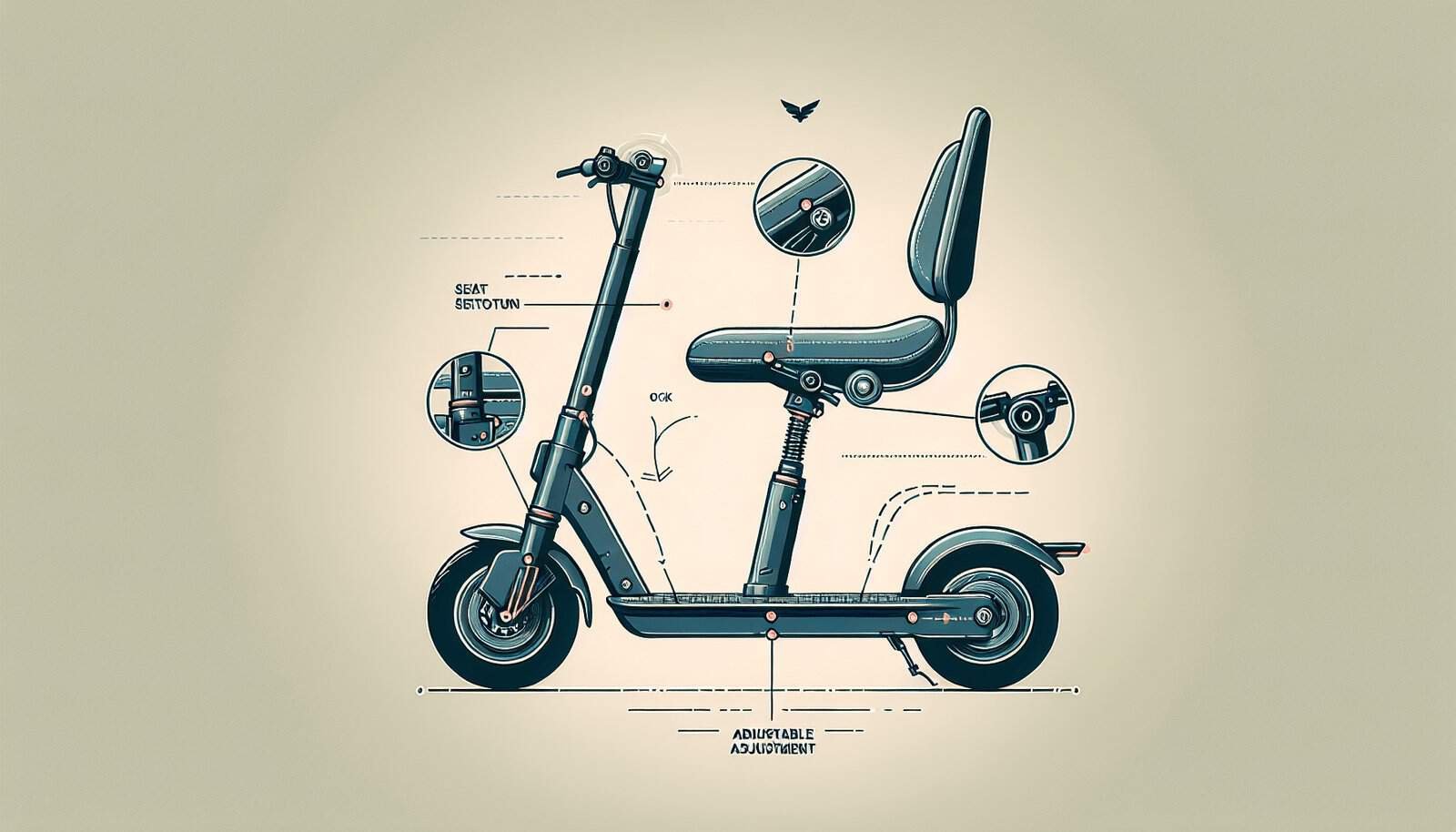Have You Ever Wondered How to Adjust the Height of Your Electric Scooter’s Seat?
You’re ready to embark on a ride with your electric scooter, but something feels off—the seat isn’t quite at the right height. Achieving the perfect seat height can transform your scooter ride from awkward and uncomfortable to smooth and enjoyable. Whether you’re using your electric scooter for commuting or leisure, understanding how to adjust the seat to your preferred height can make all the difference.
Let’s walk through everything you need to know to adjust your electric scooter’s seat for maximum comfort and safety.

Why is Seat Height Important?
You might ask, why does seat height matter so much on an electric scooter? Comfort and safety top the list of reasons. When your seat is at the right height, you’re set up for an enjoyable riding experience. Your posture becomes more natural, reducing fatigue and preventing discomfort on longer rides. This simple adjustment can even enhance your control and performance while reducing the risk of injury.
The Link Between Seat Height and Posture
Having the seat at an optimal height aligns with maintaining good posture. When you’re slouching or stretching awkwardly, it can strain your back and legs. This misalignment can lead to discomfort, something no rider wants while they’re out enjoying a beautiful day.
Safety Considerations
Safety is non-negotiable. A well-adjusted seat can improve your visibility and control when maneuvering your scooter. Your feet should be able to touch the ground comfortably when you’re coming to a stop or preparing to dismount, without feeling too cramped or stretched.
Tools You Might Need for Adjusting Your Scooter Seat
Before getting started, having the right tools on hand can ease the process significantly. Here’s a list of essential tools you might need:
| Tool | Purpose |
|---|---|
| Allen Wrench | To loosen or tighten bolts |
| Adjustable Wrench | For adjusting larger nuts and bolts |
| Screwdriver | Some seats might require this |
| Measuring Tape | To ensure consistent adjustments |
While many scooters come equipped with quick-release levers for easy seat adjustments, others might need these basic tools. Always check your scooter’s manual for specific tools required.
Step-By-Step Guide to Adjusting Seat Height
Adjusting the height of your electric scooter’s seat involves a few straightforward steps. Following these steps can make the adjustment process smooth and efficient.
1. Locate the Seat Adjustment Mechanism
First, find where the seat connects to the scooter. Depending on your model, this area may have a quick-release lever or bolt that needs to be handled. Getting familiar with this mechanism helps ensure you’re making adjustments at the right point.
2. Loosen the Clamp or Bolt
Using your finger, wrench, or Allen wrench, depending on your scooter’s design, loosen the clamp or bolt holding the seat post in place. Ensure it’s loose enough that you can move the seat post up or down but not so loose that it could detach from the mount.
3. Adjust the Seat Height
Raise or lower the seat post to your desired height. It’s usually best to make small incremental adjustments to find the most comfortable position. Once it’s at a suitable height, ensure the seat is level before proceeding to re-tighten the clamp or bolt.
4. Tighten the Clamp or Bolt
Re-tighten the clamp or bolt firmly. It’s crucial that this part is secure to ensure the seat doesn’t move while riding. A seat that shifts unexpectedly can lead to a loss of control over your scooter.
5. Test the Seat Adjustment
Before heading out for your ride, test the adjustment by sitting on the scooter and checking your comfort and balance. Make any necessary tweaks until it feels just right.
Factors to Consider for Optimal Seat Height
Adjusting the seat height isn’t just about setting it to whatever looks good. Several factors can help determine the best position for your needs.
Rider’s Height
Your height is a fundamental aspect of determining seat height. Taller riders will naturally need the seat higher to maintain comfort and control, while shorter riders will find a lower seat preferable for stability.
Leg Comfort and Knee Flex
Avoid having your knees too cramped or hyperextended. For optimal leg comfort, adjust your seat so that when your feet are on the scooter floor, your knees are slightly bent, providing adequate flex without strain.
Riding Style
Consider your typical riding style. If you frequently ride on uneven surfaces or require speedy maneuvers, maintaining a lower center of gravity by keeping the seat lower might improve stability. Conversely, for smooth surfaces and leisurely rides, higher seats can offer better visibility.

Common Mistakes to Avoid
When adjusting your electric scooter’s seat height, there are common pitfalls that can affect your riding experience. Being aware of these can help ensure you get it right the first time.
Over-tightening the Adjustment Bolt
It’s important to secure the seat, but over-tightening can lead to damaging the bolt or the clamp. This could strip threading or crack integral parts of the scooter, creating future headaches or costly repairs.
Ignoring Seat Angles
While focusing on height, don’t disregard the importance of the seat angle. An improperly angled seat can lead to slipping during rides or uncomfortable pressure points.
Neglecting to Test Before Riding
Always test your adjustments in a safe space before venturing onto the streets. This practice allows you to make final tweaks and ensures the seat is securely adjusted, preventing mishaps during your outing.
Maintenance Tips for Your Scooter’s Seat
Ensuring your seat remains in top condition over time involves more than periodic height adjustments. Regular maintenance checks help in preventing issues from arising.
Clean and Protect
Regularly clean the seat post and adjustment mechanisms to keep dirt and debris from interfering with their smooth operation. Apply lubricants designed for your scooter model to maintain ease of adjustability and prevent rust.
Regular Inspections
Inspect the seat’s clamps and bolts frequently. Check for signs of wear or potential damage that could compromise seat stability. Replace any worn parts before they fail.
Upgrade Options
If your seat feels worn or inadequate, consider looking into upgrading to a more comfortable option. Many scooters support seat upgrades, allowing a more tailored fit for your needs.

Final Thoughts: Personalized Comfort
After reading through the steps and considerations, you’re well equipped to adjust the height of your scooter seat confidently. Remember, the key to a comfortable ride lies in personalizing your scooter settings to complement your unique style and body mechanics.
As you embark on your rides with newly adjusted comfort, you’ll find a newfound appreciation for the blend of efficiency and versatility that an electric scooter brings. Happy and safe riding!

